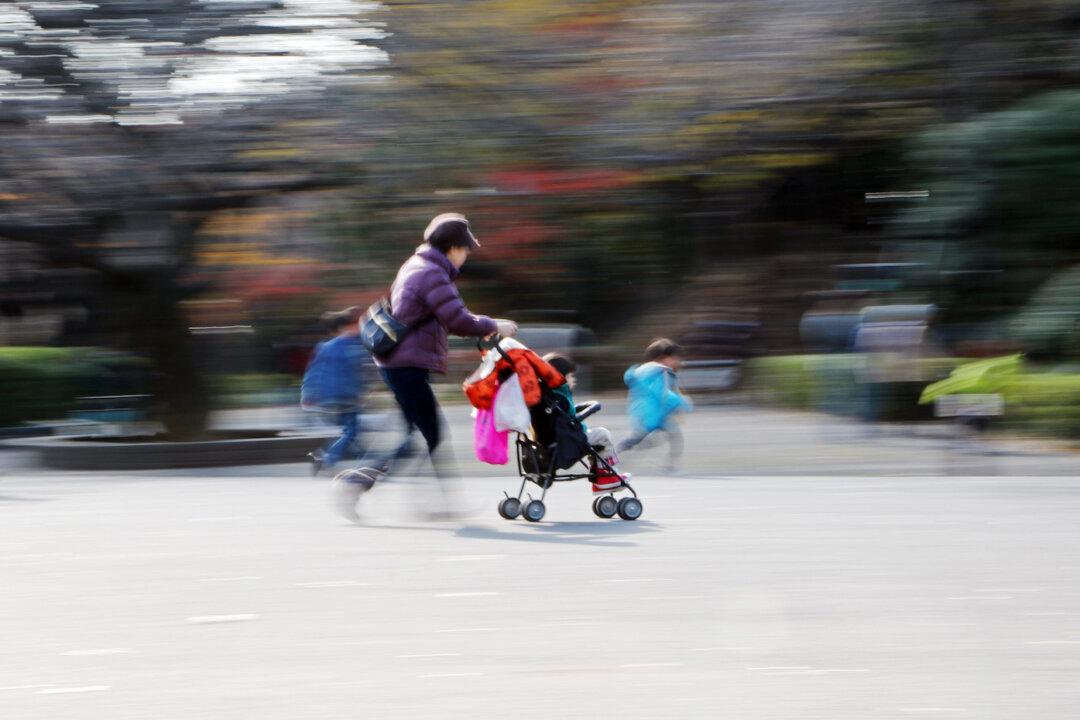The total number of babies born in Japan could drop below 800,000 this year, a government official said, indicating a “critical situation” that will necessitate comprehensive measures from the government.
Japan recorded 599,000 births in the first three quarters of 2022, including births to foreign nationals, according to preliminary data from the Ministry of Health, Labor and Welfare.





